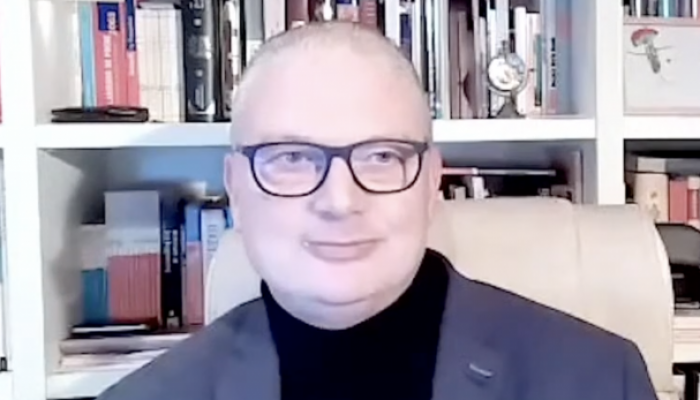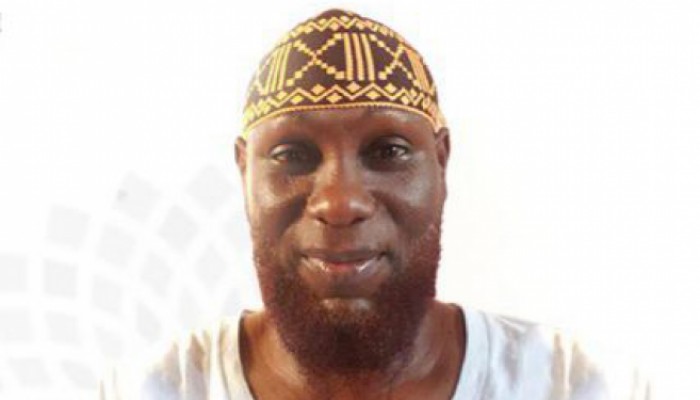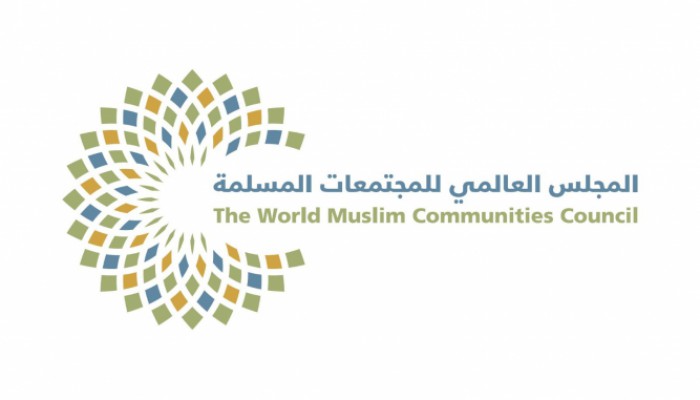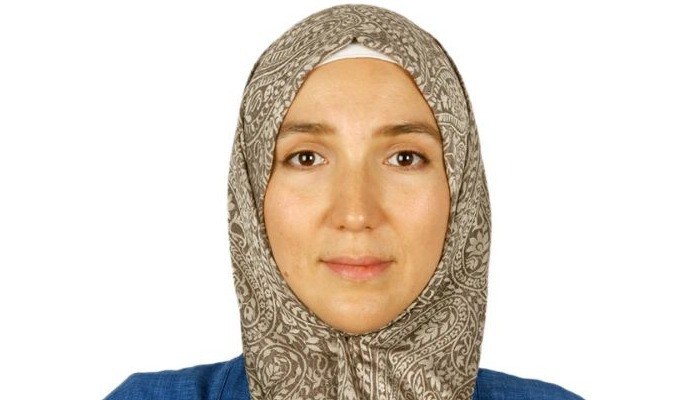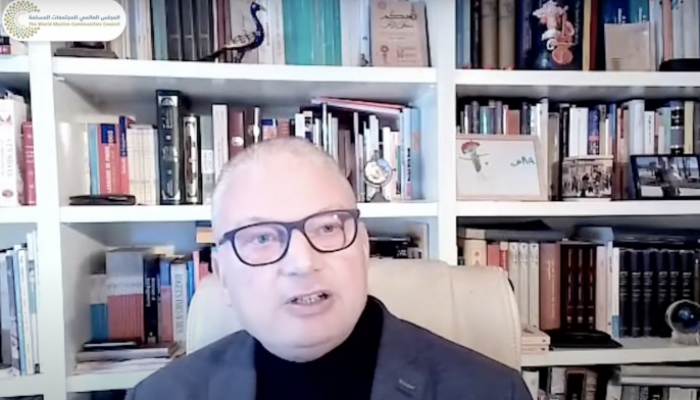
TWMCC Holds “Religious Tolerance and Peaceful Coexistence in Andalusia” Online Lecture
- 2024-Jun-25
The World Muslim Communities Council held online lecture entitled “Religious Tolerance and Peaceful Coexistence in Andalusia”، presented by Dr. Alfred Gutierrez Kavanagh, Professor of Globalization Trends in the Middle East Comillas University in Madrid, as part of the TWMCC’s lecture series.
Dr. Alfred Kavanagh said, “The Andalusian nation is unique in its components, identities, and religions, as Spanish history is distinguished by its richness and geographic, ethnic, religious, and societal diversity.” He expressed this by saying, “In Andalusia, the East met the West.”
Pointing out that "the Andalusian civilisation is a model and an Islamic beacon for science, learning, and scholars. Andalusia was full of coexistence, tolerance, dynamism, and acceptance of its Muslim societies, and the followers of the three Abrahamic religions lived in it with coexistence, tolerance, and harmony."
He added, "In Spain there is a large presence of Muslims compared to other European countries, explaining that the Andalusian nation has many people who have a great influence on Spanish community as a whole."
Professor of Globalization Trends in the Middle East Comillas University in Madrid explained that “since the arrival of Islam in Spain, a new system of coexistence and tolerance has been formed among the population, and contemporary studies indicate that the term “Ahl al-kitāb” is an indication of Islamic tolerance.”
He added that "most of the books that were translated about Islam in the beginning were not accurate, and there are great contributions of Islam to the Andalusian heritage".
Dr. Alfred pointed out that "there are more than 2 million Muslims in Spain and there are no problems and there is some kind of cooperation between the parties of community, and the Spaniards are learning the Arabic culture and the Arabic language as well".
It is noteworthy that the World Muslim Communities Council is an international non-governmental organisation, and is considered a house of expertise for rationalising organisations and institutions working in Muslim Communities, renewing their thinking, improving their performance, and coordinating among them




